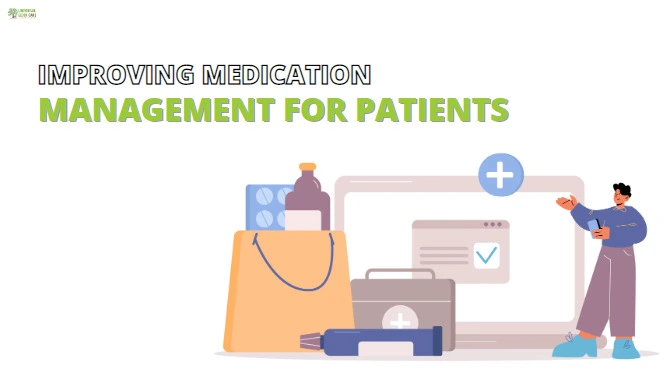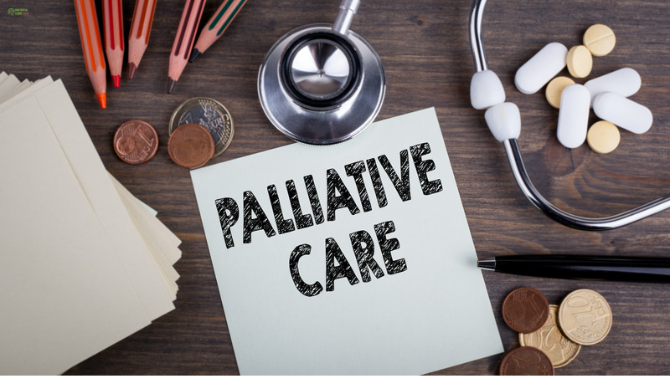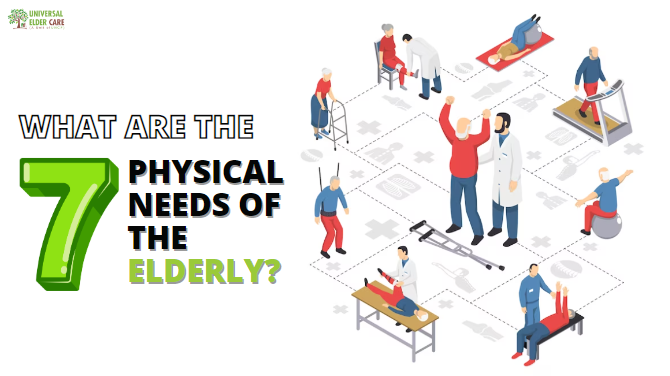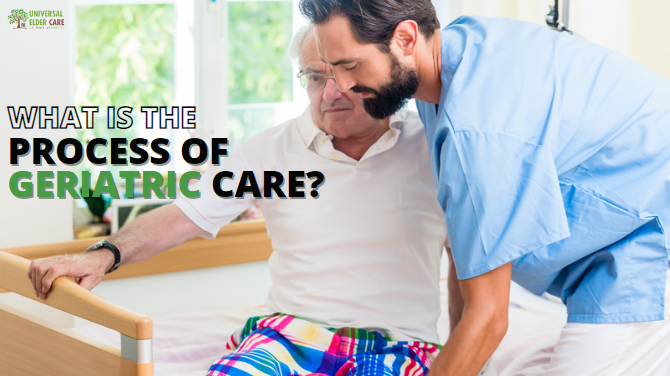End Of life care Service
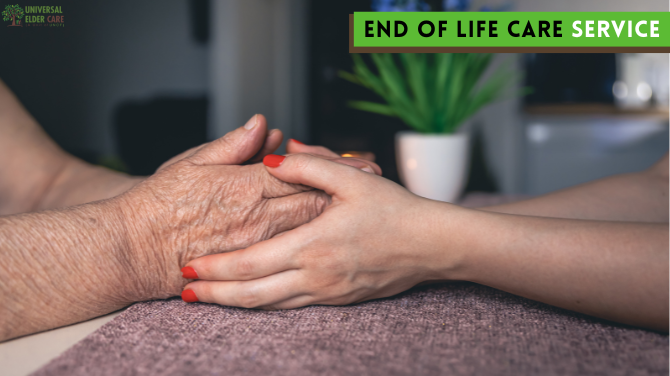
End-of-life care is a specialized type of care that focuses on providing comfort, support, and dignity to individuals who are in the final stages of a terminal illness or condition. This care can involve palliative care to manage symptoms, hospice care in a specialized facility or at home, advanced care planning to document preferences for medical care and end-of-life care, and emotional and practical support for individuals and their families. End-of-life care is designed to help individuals navigate this difficult time with dignity and respect.
"End-of-life care is a type of care that is provided to individuals who are in the final stages of a terminal illness or condition."
This type of care focuses on providing comfort and support to the individual and their loved ones during this difficult time.
Here are some key aspects of end-of-life care:
1. Palliative Care: End-of-life care often involves palliative care, which is aimed at managing the symptoms of a terminal illness or condition. This can include pain management, symptom relief, and emotional and spiritual support.
2. Hospice Care: Hospice care is a type of end-of-life care that is typically provided in a specialized facility or at home. Hospice care focuses on providing comfort and support to individuals who are in the final stages of a terminal illness and typically involves a team of healthcare professionals who work together to address the individual's physical, emotional, and spiritual needs.
3. Advanced Care Planning: End-of-life care often involves advanced care planning, which is the process of discussing and documenting an individual's preferences for medical care and end-of-life care. This can include decisions about life-sustaining treatments, pain management, and other aspects of end-of-life care.
4. Family Support: End-of-life care also involves providing support and counseling to the individual's loved ones, as they cope with the emotional and practical challenges of this difficult time.
End-of-life care can be a difficult and emotional experience, but it is an important aspect of healthcare that can help individuals and their families navigate this challenging time with dignity and respect.

